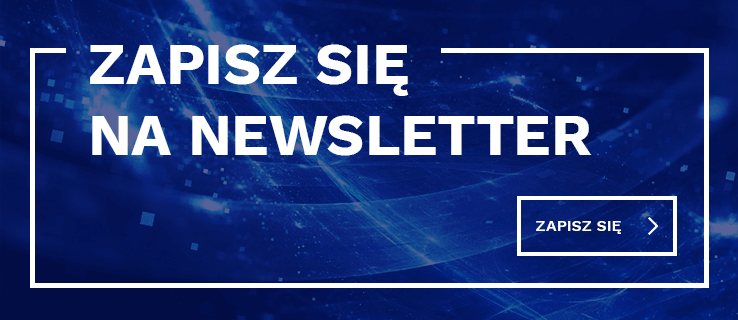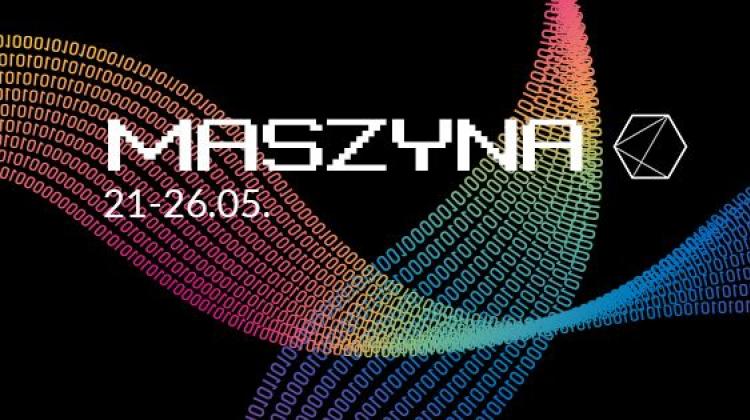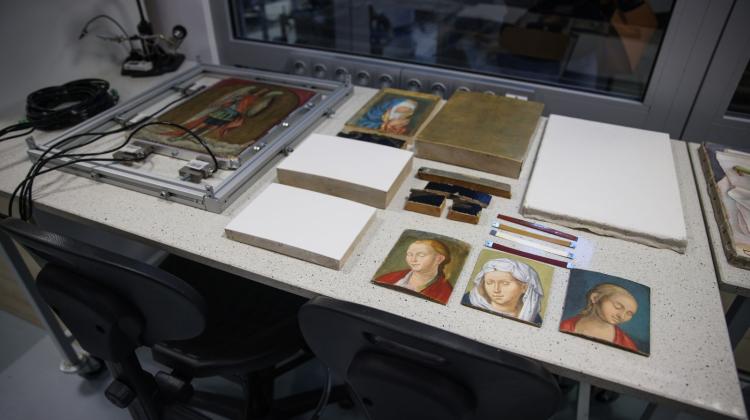Scientist: We're only a few decades away from artificial intelligence with the capabilities of the human brain
 Photo: Szymon Zdziebłowski
Photo: Szymon Zdziebłowski
Computers still run slower than the human brain. However, if their speed continues to increase at the current rate, they will reach the capabilities of the human brain in the coming decades - told PAP Prof. Jürgen Schmidhuber, called the "father of modern artificial intelligence".
Prof. Jürgen Schmidhuber is co-author of the LSTM (Long Short Term Memory) system, which revolutionised language translations. From 2015, Google Translate is based on LSTM. We also use the capabilities of LSTM when we want to translate a facebook entry in an unknown language. Before LSTM, both translators focused on single words. The new system analyses words in the context of the whole sentence, resulting in more accurate translations.
What distinguishes LSTM from previous existing programs? This system is based on an artificial neural network (which is analogous to the brain) and programmed to be capable of learning - of course, based on the data it receives" - pointed out Schmidhuber. He noted that it still does not work as scientists would like it to, and still lacks some lines of pseudocode (simplified programming). But it is very short, he explained.
For many years it was thought that the machines should be fully programmed and all the knowledge necessary for them to function should be written in the form of code. According to that concept, machines alone would not be capable of development and learning.
Swiss company Nnaisense, co-founded by Schmidhuber, plans to create a general purpose artificial intelligence that will revolutionize life on our planet. As the scientist describes, to make it possible it is necessary to develop a fully "self-learning algorithm", on which he is working with his team.
"I would be very surprised if artificial intelligence does not become more intelligent than we are within a few decades" - he said.
Currently implemented LSTM is still a passive system and lacks behaviours similar, for example, to the behaviour of children who sometimes try to reach goals even without the teacher\'s participation - he pointed out.
The scientist acknowledged that large-scale introduction of advanced general purpose artificial intelligence could lead to the elimination of certain professions. But this vision does not frighten him. "It\'s easy to predict which (professions - PAP) will be lost, but it\'s hard to guess ones that will emerge" - he said. He pointed, for example, to a large group of vloggers on YouTube, many of whom even make a living doing that - and even a dozen years ago we would not imagine something like that.
Discussions about AI is often accompanied by concerns about its future behaviour towards people. But according to the scientist we do not need to be afraid of its malicious intentions or even attempts to destroy humanity. "The fact that you are smarter than frogs does not mean that you want to exterminate them" - he commented. He added that man is and will remain the greatest enemy of mankind, described and the story from the Matrix, in which artificial intelligence exploits humans to acquire energy, as simply stupid.
"In the beginning they will (Schmidhuber uses a personal form for artificial intelligence - PAP) will be very curious about us, interested in us" - he speculates. AI will also try to learn about its origin, its roots. But in the long run, it will lose interest in humanity and turn to space in search of resources, including solar energy. In his view, the vision of the Milky Way colonized by AI in the next few hundred thousand years is a very likely scenario. This would be achieved, as he says, by self-replicating machines.
"Almost all artificial intelligence will emigrate from Earth, it will be far from humans and will have very little to do with them" - he added.
However, we are far away from independent and superintelligent AI. Asked about the barriers to its creation, whether it was the development of code or the production of computer hardware, he said that as far as code is concerned, there is great progress. On the other hand, sufficiently high-speed processors are still few decades away.
Schmidhuber told PAP he had the opportunity to work on his ideas with Polish researchers. He mentioned Dr. Rafał Salustowicz, with whom he collaborated in the 1990s at the Dalle Molle Institute for Artificial Intelligence Research (IDSIA) in Switzerland. At the moment, Dr. Wojciech Jaśkowski works for Schmidhuber\'s company Nnaisense.
Professor Schmidhuber is a co-founder of the Swiss research institute IDSIA in Lugano, a professor at the University of Lugano (USI) and the University of Applied Sciences and the Arts of Southern Switzerland. He presented the latest advances in artificial intelligence at the annual Falling Walls conference in Berlin. The name and date of the event refer to the anniversary of the fall of the Berlin Wall (9 November) and the end of the Cold War. The name is also a reference to breaking scientific barriers and the challenges of the modern world. (PAP)
Science in Poland
author: from Berlin, Szymon Zdziebłowski
szz/ ekr/ kap/
tr. RL
Przed dodaniem komentarza prosimy o zapoznanie z Regulaminem forum serwisu Nauka w Polsce.

















